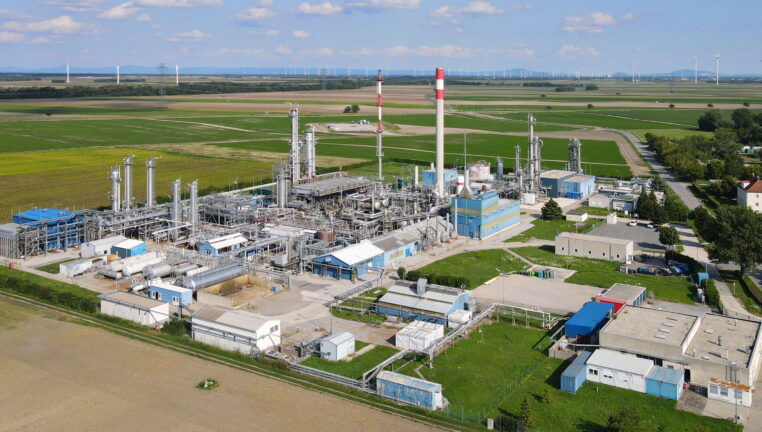European lawmakers in the Council and Parliament reached a provisional agreement on Tuesday, 24 June to extend the Gas Storage Regulation by two years. The extension is to safeguard the EU’s security of energy supply and gas market stability. The regulation will be in effect until the end of 2027. Member states, however, will enjoy a certain flexibility to achieve the storage target.
The agreement aims to reduce the EU’s exposure to volatile prices linked to geopolitical instability after the Russian invasion of Ukraine. It keeps the existing binding filling target of 90 per cent, but provides flexibility to reach it at any time between 1 October and 1 December, instead of the current 1 November deadline.
The core of the regulation mandates that underground gas storage facilities in the EU must reach at least 90 per cent of their capacity before the start of the winter heating season. The regulation sets intermediate targets for filling storage facilities throughout the year, ensuring a gradual and steady approach to reaching the 90 per cent target.
The regulation includes a solidarity mechanism to ensure that even during severe supply disruptions, vulnerable consumers will have their gas supply available. Member states lacking storage facilities on their territories are required to store 15 per cent of their annual domestic gas consumption in facilities located in other member states, with fair compensation.
You might be interested
The Council and the Parliament agreed on Tuesday that intermediary storage targets are indicative. They provide predictability of storage levels while leaving sufficient flexibility for market participants to purchase gas throughout the year when it is more convenient.
Commission welcomes the agreement
The European Commission stated in a press release that “the agreement will contribute to EU’s security of energy supply (…) and incentivise preparations for the upcoming winter seasons in a coordinated manner across the Union. Stable energy supplies at affordable prices are key for a competitive European economy.”
The agreement represents a strategic victory for our energy sovereignty and European resilience to price manipulations on the gas market. – Marzena Czarnecka, Polish Minister of Industry
The text of the agreement now awaits formal adoption by both the co-legislators. The Action Plan for Affordable Energy stipulates that the Commission should also review the EU energy security framework to enhance the resilience of the bloc’s energy system at any time, as well as to ensure price stability.
EU’s energy security has significantly improved since 2022
The EU introduced the Gas Storage Regulation in June 2022, at the height of the energy crisis triggered by the Russian full-scale invasion to Ukraine. The regulation was part of the Union’s efforts to ensure sufficient supplies to power European homes and businesses throughout winter.
Gas storage protects us from Russia’s energy weaponisation and market manipulation. – Dan Jørgensen, Commissioner for Energy and Housing
In March 2025, a report on the functioning of the Gas Storage Regulation was published. It confirmed that the framework has ensured security of supply. It did so by lowering risks of supply disruption and allowing the EU to advance efforts to reduce its energy dependence on Russia.
In the past years, the EU has consistently exceeded its gas storage filling target before the beginning of each heating season. That has helped to reduce supply risks and contributed to lower prices. The Commission submitted its proposal to prolong the gas storage obligations for two years in March 2025.











